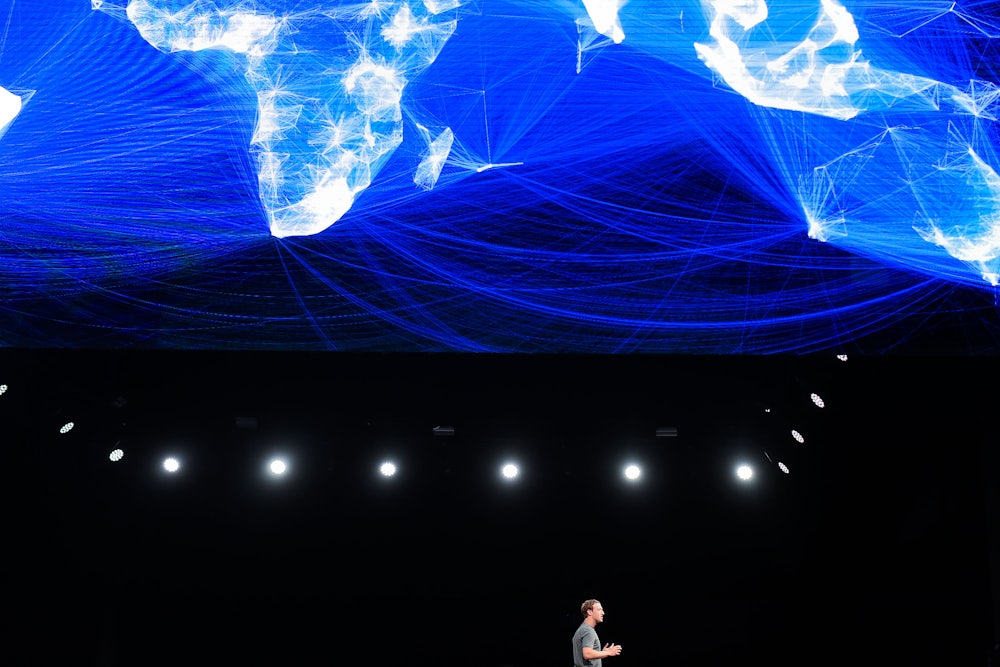The idea that humans will always have a unique ability beyond the reach of non-conscious algorithms is just wishful thinking.
The fact is, as time goes by it will be easier and easier to replace humans with computer algorithms, not because they are getting smarter and smarter but because humans are professionalising.
One would have to say are we all such naive bonkers that we are going to allow algorithms dictate our lives.
The answer so far appears to be yes. We are going to become militarily and economically useless.
Technical difficulties or political objections might slow down the algorithmic invasion of the job market but while the systems might need humans, it will not need individuals.
These systems will make most of the important decisions depriving individuals of their authority and freedom.
They are already assembling humans into dividuals ie. humans are becoming an assemblage of many different algorithms lacking a single inner voice or a single self.
Its time we realized that if we continue down this path allowing large corporations platforms to introduce algorithms willy nilly with no overall vetting as to whether they comply with our values we will be replacing the voter, the consumer, and the beholder.
The Al algorithm will know best, will always be right, and beauty will be in the calculation of the algorithm. Individualism will collapse and authority will shift from individual humans to autonomous networks.
People will not see themselves as individuals but as collections of biochemical mechanisms that are constantly monitored and guided by a network of electronic algorithms.
We are already crossing the line. Most of us use Apps without any thought whatsoever.

You might say that every age has its organizing principles.
The nineteenth century had the novel, and the twentieth had TV; in our more modern times, they come and go more quickly than ever—on Web 1.0 it was the website, for example, and a few years later, for 2.0, it was the app.
And now, another shift is underway:
Today’s organizing principle is the algorithm. (Though you could productively argue that our new lingua franca will either be artificial intelligence or virtual reality.)
Algorithms rule the modern world, silent workhorses aligning data sets and systematizing the world. They’re everywhere, in everything, and you wouldn’t know unless you looked. For some of the most powerful companies in the world—Google, Facebook, etc.—they’re also closely held secrets, the most valuable intellectual property a company owns.
Perhaps it is naïve to believe algorithms should be neutral? but it’s also deceptive to advance the illusion that Facebook and the algorithms that power it are bias-free.
They are not neutral.
Facebook is intended to be the home of what the world is talking about. Their business model depends on it, even if that’s an impossible goal. As such, with now well over a billion users, and still growing, it’s worth asking:
What role should Facebook play in shaping public discourse? And just how transparent should it be?
After all, Facebook is mind-boggling massive.
It accounts for a huge portion of traffic directed to news sites; small tweaks in its own feed algorithm can have serious consequences for media companies’ bottom lines.
What can be done? ( See previous posts)
Evolution will continue and will need to do so if we humans are to exist.
We therefore should welcome all technology that enhances our chances of this existence in as far that it equates to human values.
All Algorithms that violate these values for the sake of profit or power should be destroyed.
After all if humans have no soul and if thoughts, emotions, and sensations are just biochemical algorithms why can’t biology account for all the vagaries of human societies.?
If Donald Trump is the best that twitter Algorithms can produce it appears to me that there is a long way to go and it’s not too late to change course.





No comments:
Post a Comment